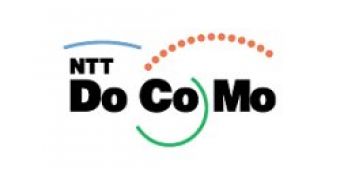The two Asian giants, NTT and KTF (the former being partially owned by NTT as well), have uncovered their plans of creating an even better smartphone by next year. This project requires plenty of work and dedication in order to be accomplished, but should things develop according to the plans, it is likely to create a precedent worthy to be followed.
NTT DoCoMo, member of the Google Open Handset Alliance, which deals with the development and improvement of Android-based mobiles, is basing this very cheap smartphone, as it claims it will be, on the fact that all manufacturers, members of the earlier mentioned alliance can use, free of charge, Google's OS. Aside from potentially saving plenty of money, another thing worth mentioning here is that this would lead to the first NTT/KTF Google handset creation.
Reports are saying that NTT is working continuously to turn the new project into reality, thus setting a new standard for all other smartphone manufacturers, which would have to reply in equal measure. This could be regarded as very good news, especially for the users, who will profit immensely from this competition.
Even if NTT/KTF are the only companies to have made public plans in this direction, it is safe to assume that others have similar plans, for the Open Handset Alliance is made up of 30 members, each one trying to come up with improvements for all Android system phones. Furthermore, these companies are surely trying to take advantage of the free incorporation of the Google system onto their devices, should they create a better smartphone. To get an idea of who's working on these ideas, here are some of the members: Sprint Nextel, Samsung, Intel Corp, LG Electronics and Motorola.
Of the lot, Motorola has already “made” a real promise towards developing a better Android-based phone. Aside from stating its intention of putting on the market a device by next year, it has also increased the staff working on this project to 350 people.

 14 DAY TRIAL //
14 DAY TRIAL //